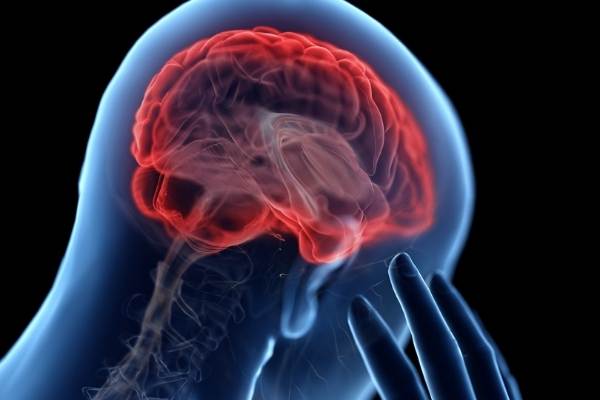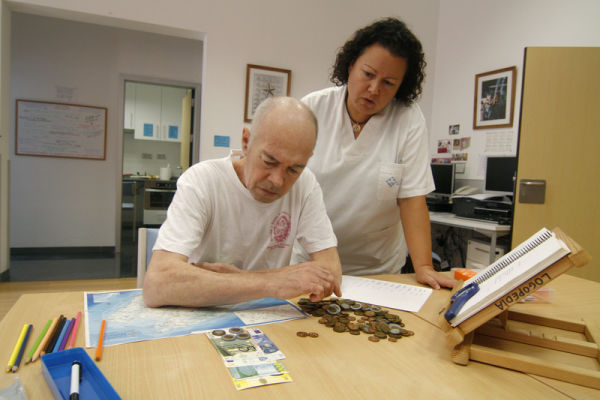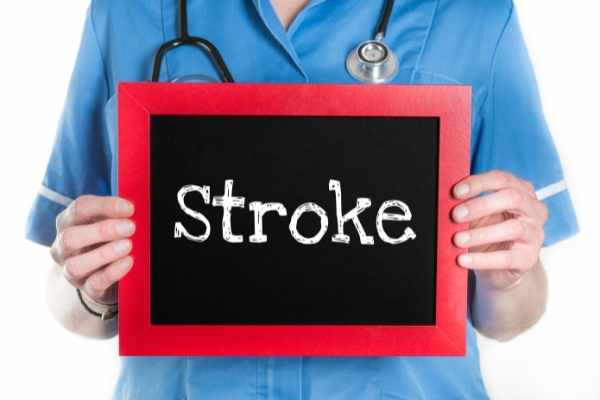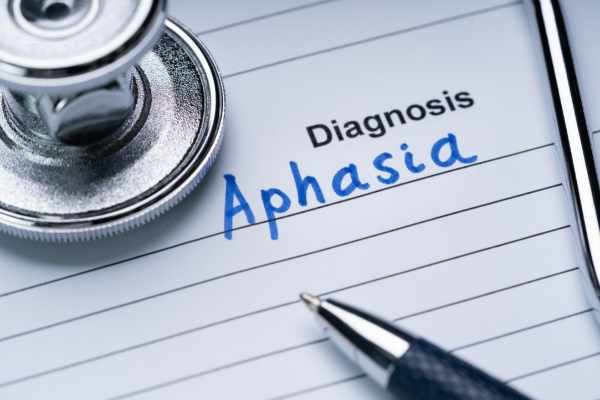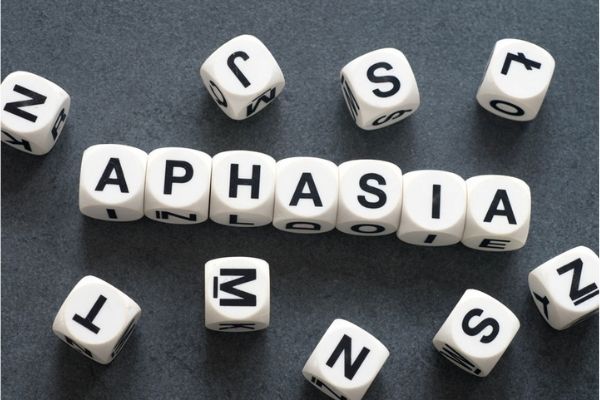Traumatic Brain Injury: Symptoms And Treatments
Traumatic Brain Injury (TBI) often results from a hard hit or injury to the head or body. Events like sports injuries, car accidents, falls, and combat injuries are among the most common causes for TBI. A moderate to severe TBI causes brain tissue damage and bleeding.
Signs and Symptoms of TBI: A wide array of symptoms accompany a moderate to severe TBI. These can range from physical to sensory and cognitive issues and can last from days to years, depending on the severity of the injury.
Some of the physical symptoms of TBI include nausea and vomiting, headaches, balance difficulties, tiredness, fatigue, and speech problems. Among the sensory issues, a person with TBI might experience vision changes, ringing in the ears, and increased sensitivity to light and sounds. Cognitive problems resulting from a TBI can be very complex.
Some of these problems may resolve over time, and others last a lifetime. Cognitive issues include but are not limited to memory problems, decreased ability to concentrate, short attention span, difficulty with word retrieval, change in mood, and sleep problems.
As mentioned earlier, some of these cognitive issues may resolve on their own, over time, as the brain finds a way to heal itself. Other issues, especially in cases where the TBI was severe, may linger and even worsen over the person’s life. Before the injury, factors like the person’s age and overall health status could influence recovery. It is also important that adequate and prompt medical care is provided immediately after the injury.
In most cases, some form of physical, occupational, and speech therapy will be essential to maximize recovery from TBI. Physical and occupational therapy would focus on overall physical strength and ensuring the patient gains independence with activities of daily living, like bathing, feeding, and dressing. A speech-language pathologist (SLP) would develop goals to address speech and cognitive problems. Slurred speech and impaired word-finding abilities are common in TBI patients.
Also, higher-level cognitive tasks like problem-solving, following complex directions and activities to address executive function would likely be part of the SLP’s intervention plan. The goal is that the individual with TBI can be as independent as possible in the safest environment for that person. The length of treatment will be directly related to the severity of deficits.


